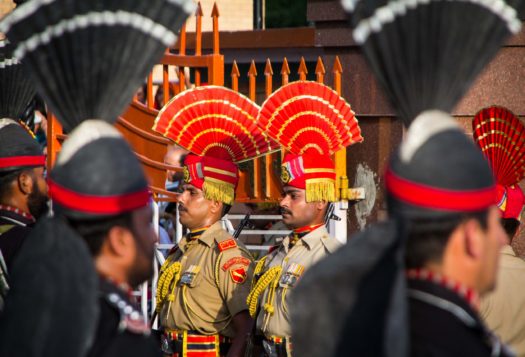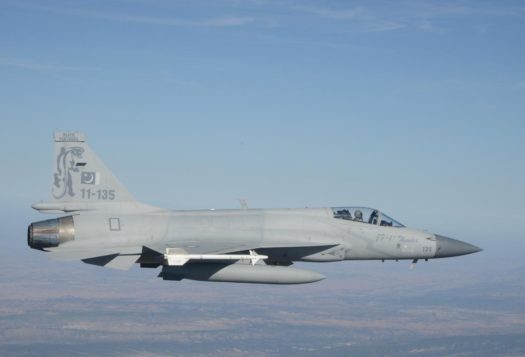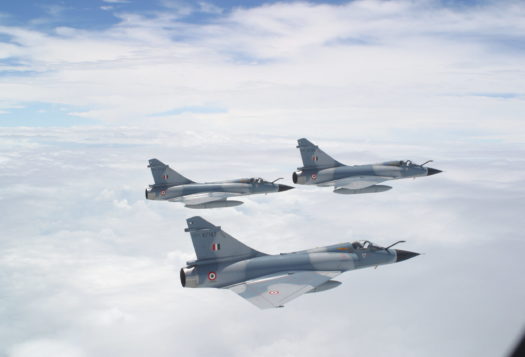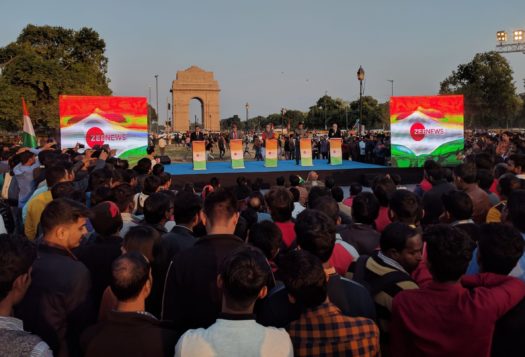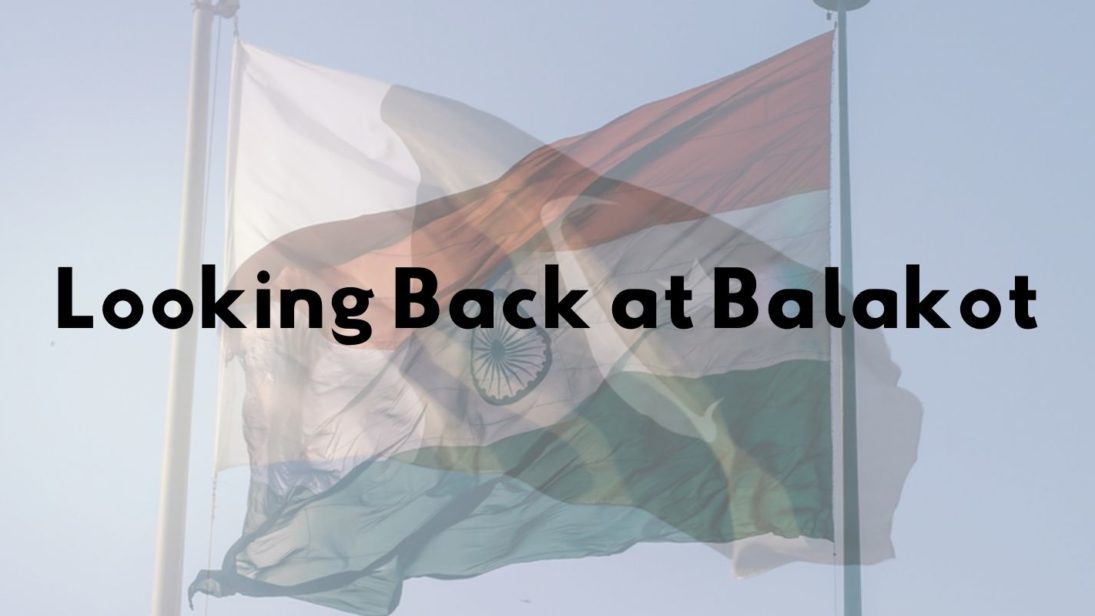
On February 14, 2019, a suicide-bombing on a convoy of Indian paramilitary vehicles in Pulwama, Jammu & Kashmir killed over 40 soldiers and injured dozens more. The attack, carried out by a young Kashmiri man, Adil Ahmad Dar, and claimed by Pakistan-based militant group Jaish-e-Mohammad (JeM), set off a series of escalatory moves between the two nuclear-armed states not seen in decades. On February 26, India launched a claimed preventative airstrike against a JeM training camp in Balakot, located in Pakistan’s Khyber Pakhtunkhwa province, in its first strike on Pakistan-proper since 1971. Pakistan retaliated the following day across the Line of Control in Kashmir and the resulting air battle led to the downing of an Indian plane in Pakistan territory and the capturing of its pilot. It was only after the pilot’s return to India that the crisis began to deescalate.
One year later, SAV looks back at this episode and India-Pakistan relations since then. In this multi-part series, SAV contributors consider the military lessons India and Pakistan have taken away from the crisis, the role played by the media, the impact of conventional and nuclear deterrence, evolving strategic dynamics in the region, and the potential challenges and opportunities for the future.
